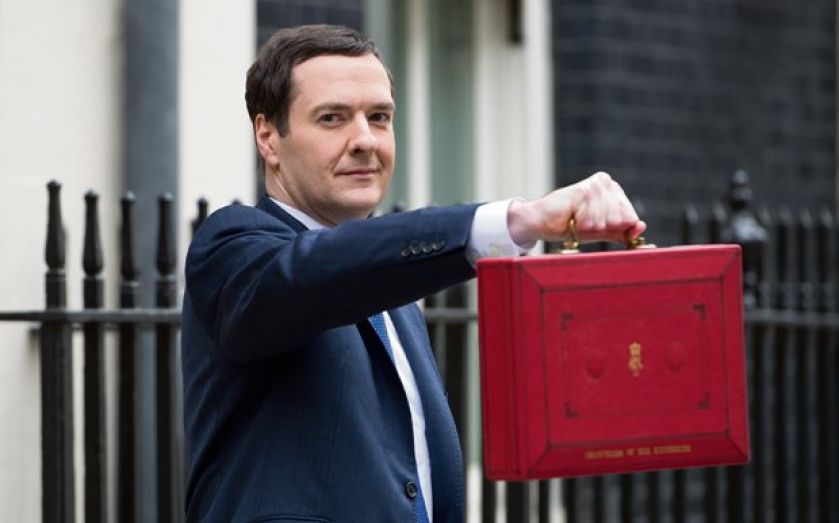The pensions revolution

City stunned as chancellor unveils greatest overhaul of savings for a generation
A SWEEPING reform of the UK’s pension system that will revolutionise the way Britons save for retirement was cheered by campaigners yesterday, despite investors wiping billions of pounds off the value of the pension industry over fears that profits could be hit.
The changes, announced by chancellor George Osborne in his Budget speech yesterday, will mean that from April 2015 savers with defined contribution policies will no longer have to buy an annuity when they retire. Instead, people will be free to withdraw some or all of their pension pot at any time, in a policy that is widely seen as a way to win over older voters and those keen to save for retirement, ahead of the 2015 general election.
Cash taken out of the pot will be taxed at marginal income tax rates instead of the current punitive 55 per cent, Osborne announced, during a Budget statement that he said was for “makers, doers and savers”.
The plan forms part of a consultation with the pensions industry and was hailed by the chancellor as the biggest reform of pension taxation since 1921.
Osborne’s surprise announcement caught pension providers off-guard, with one high-ranking source telling City A.M.: “We definitely weren’t given a heads up, and we thought the Treasury were meant to be our friends. This will have a huge impact on the industry but nobody has quite worked out what that will be yet, we’re still in a state of shock.” The source added that the Treasury had not been in touch yesterday after the plans were revealed, so mapping the impact was proving tricky.
Shares in Legal & General, Aviva, Standard Life and Prudential fell by between 2.5 per cent and eight per cent yesterday, wiping £3bn off the total value of Britain’s biggest annuities providers.
But others cheered the boost to Britain’s savers. “There are so many good news aspects for pension savings in this Budget that it is hard to know what to pick out,” said pensions expert Ros Altmann. “All defined contribution pensions look set to be freed from the annuity straitjacket that has so disadvantaged people in the past,” she added.
By far the biggest reform is the ending of compulsory annuities – insurance products purchased on retirement that pay out monthly sums. These have been widely criticised for years as interest rates remain low and people live longer, prompting concern that pensioners have not been getting value for money.
Specialist annuities provider Just Retirement saw 42.4 per cent of its value wiped out as the markets registered the possible impact of the changes on its business.
Another provider, Partnership, was hit with a catastrophic loss; with shares closing 55.2 per cent down. Both firms only joined the stock market last year.
An official statement from Partnership broadly welcomed the changes, but a source close to the group spoke more candidly about the chancellor’s plans.
“There’s something wrong with wiping billions off the sector like that,” the source said, adding: “The market panicked but we’re hopeful that the consultation process will reverse some of the negativity. We think the statement will be more of a shock than the reality.”
Osborne promised to spend £20m over the course of the next two years on a consumer awareness campaign to help people choose the right annuity, if they want to purchase one.
In a highly political Budget that also boasted a dramatic rise in the Isa limit to £15,000 a year, a cut to beer tax, a freeze in fuel duty and lower taxes for bingo halls, the chancellor promised to back “a Britain that saves.”
“You have earned it, you have saved it and this government is on your side,” he added.
Labour leader Ed Miliband dismissed the chancellor’s budget as full of the “same old Tory tricks,” saying it was “giving with one hand and taking far more with the other”.